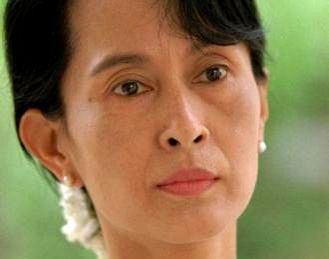
Editor’s note: Corridors of Power is written by World Politics Review Editor-at-Large Roland Flamini and appears every Monday. This week’s edition appears Tuesday due to Monday’s Memorial Day holiday in the United States. A GHOST AT THE COMMITTEE — Randall Tobias will not be present when the U.S. Congress takes up foreign aid appropriations after Memorial Day, but he will certainly be there in spirit. Tobias resigned as head of USAID, the U.S. Agency for International Development, following that rather bizarre Washington madam scandal, in which he was the only publicly identified alleged high-profile client. But it is largely the […]



